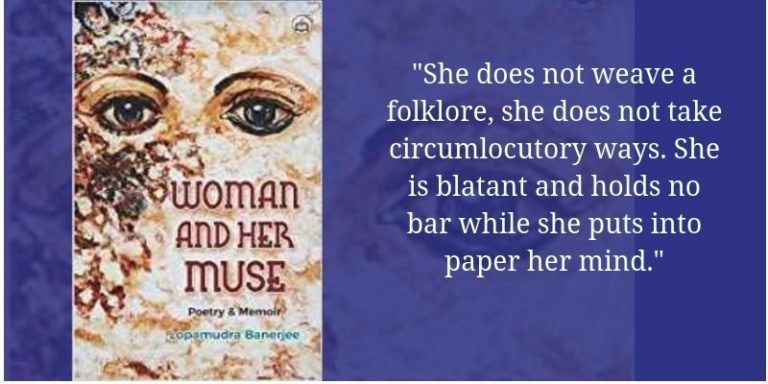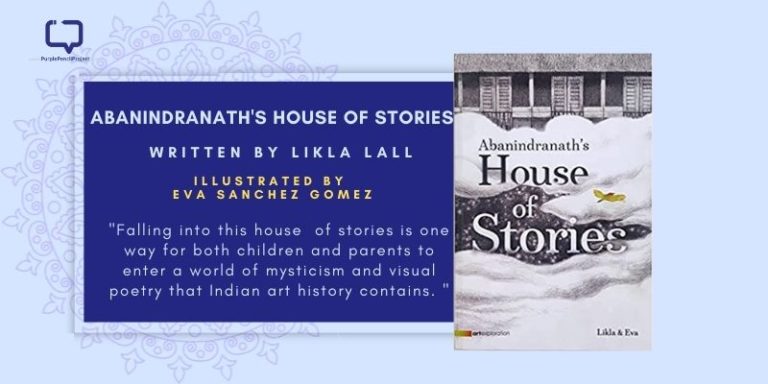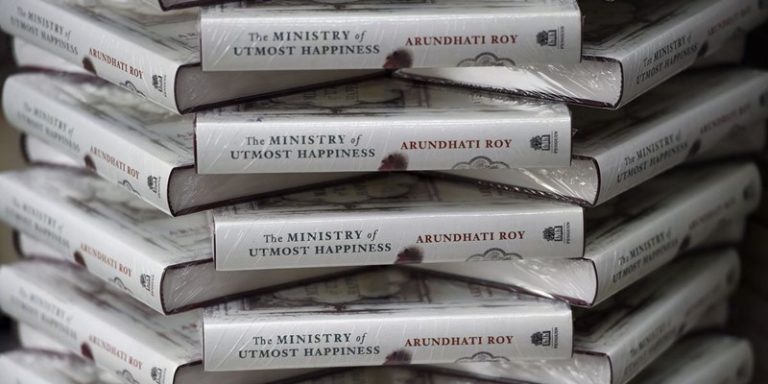Translated from Bengali by Tutun Mukherjee
Sheet Sahasik Hemantolok is a poignant reminder of universal truth. Age is a heartless abductor. Youth arrives with a lot of fanfare, like a king, it leaves surreptitiously, like a thief. The silent arrival of middle age is barely noticed – a couple of grey hairs, a wrinkle or two, breathlessness and few missed buses/trams bid farewell to youth; like an autumn-defying winter, we cling onto old age, death and its cold stillness, truly unwelcome.
We encourage you to buy books from a local bookstore. If that is not possible, please use the links on the page and support us. Thank you.
Brief Overview
Sheet Sahasik Hemantolok’s central character is 70-year-old Aparajitha, a well-known writer who has come to live in an old age shelter out of volition. She is intent on writing a novel different from her earlier works and decides it will be about her co-residents in that shelter, Twilight Shelter. But, diagnosed with terminal cancer, she is unsure if she can finish her work, a book on ageing and middle-class women; urban characters from a wide variety of socio-cultural backgrounds reside with her.
Sheet Sahasik Hemantolok has no one narrator and is structured as a series of cross-cutting monologues that give an insight into the speaker’s character, and her relationship with others in the social microcosm that Twilight Shelter is. And Aparajitha’s voice serves as a vital connecting link between the individual memoirs.
A Melange of Narratives
The book begins with Aparajitha’s move to Twilight Shelter, a retreat from domestic life, or a modern-day Vanaprastha, in an attempt to guard her self-esteem and peace leaving behind her belligerent daughter-in-law and meek son at home.
Twilight Shelter is a no-drama place. It has differently-sized rooms, a lift, a few air-conditioned rooms, a generator backup, a library, a music room and a common room, and meal options. There is a sprawling garden outside. The place is run by the 28-year-old Purabi who makes it a haven for its retired residents.
Salajnayani’s (another inmate) account introduces us to the community of Twilight Shelter.
Protima Di is mentally unwell. Dolly, Lilly and Renu are Brahmos, and Nirmala Di is always busy with her many pujas.
Zulekha Di gave up her Pakistani citizenship, her husband and his three wives and their children, to settle here in the place of her birth. She loves to play the piano.
Mrs Biswas taught at a Catholic school and loves to play the violin, Lavanya Di is compiling a comprehensive cookbook with the help of young girls who write her recipes down.
Finally, Nistarini, who is affluent, unabashedly audacious and crude, brings a sense of adventure to the otherwise demure atmosphere of the shelter, with stormy stories from her past. Here’s one of her statements:
My body was a gun and my eyes were its triggers, my glances took aim and the body shot bullets. After that, no matter how big a man, the bloke was sure to die.
Her take on women, their desires and sexuality are fiercely bold, her opinion of other inmates as vitriolic as ones others have of her.
Most narratives drive home the point that old people have their rights and claim upon this earth, ones they earned for themselves through life and not gifted by anyone and that they cannot be withdrawn at will by others.
Favourite Quotes
“Old age has its place in the world, it has a distinct role in life. Just as middle age does. Repose is as valuable as labor.”
“What we have coveted all our life as a valuable metal bowl, old age reveals it to be a worthless clay pot. And that too, not hardened through fire but unbaked and insubstantial.”
— from Aparajitha’s narratives
Analysis and Recommendation
Nabaneeta Dev Sen wrote Sheet Sahasik Hemantolok in 1988, while teaching at the University of British Columbia, and was approached by a Bengali magazine to write a novel for a special. The original title, borrowed from a poem by Jibanananda Das, means ‘A Winter-Defying Autumn World’.
The author’s writing prowess comes to full light in Aparajitha’s narratives which are beautiful and mature. Her strong sense of feminism is evident in Nistarini’s narratives, and there is an overall vivid element of irony:
Immobility is regarded as the final stage of old age. Isn’t it surprising that no one can tell when the mobility of mind will cease? Countless mentally paralyzed people walk about in this world, there is no specific age to contract the disease. No time limit.
A translator must be a strong supporting voice and Tutun Mukherjee ably does that. The characters from different backgrounds are identified by their speech registers or dialects and a definite loss is inevitable, as it is impossible to recreate the use of the local tongue or the idiomatic flavour of Bengali in English, especially in Nistarini’s narratives.
This book is one from the Oxford Novella series which the editor, Mini Krishnan, says, “is a sincere effort to bring socially relevant themes and literary excellence to the reader’s desk”.
Sheet Sahasik Hemantolok clearly details how after a lifetime of ability and activity, to be imprisoned all of a sudden into a state of inability and inactivity is simply unbearable! Beyond the Autumn world of middle age, lies the realm of winter where one needs to generate one’s own warmth to keep life going.
Final Verdict: Women and ageing is an almost unexplored theme in Indian writing. Read this classical piece, this is a book that matures like fine wine as the reader ages.
Read more translations, here.























2 Responses
Lovely review Divya. Eager to pick this up. I haven’t read anything upon old age.
Thanks so much Swathi for the lovely comment, am sure this will be a great start to know/ read more by this author.